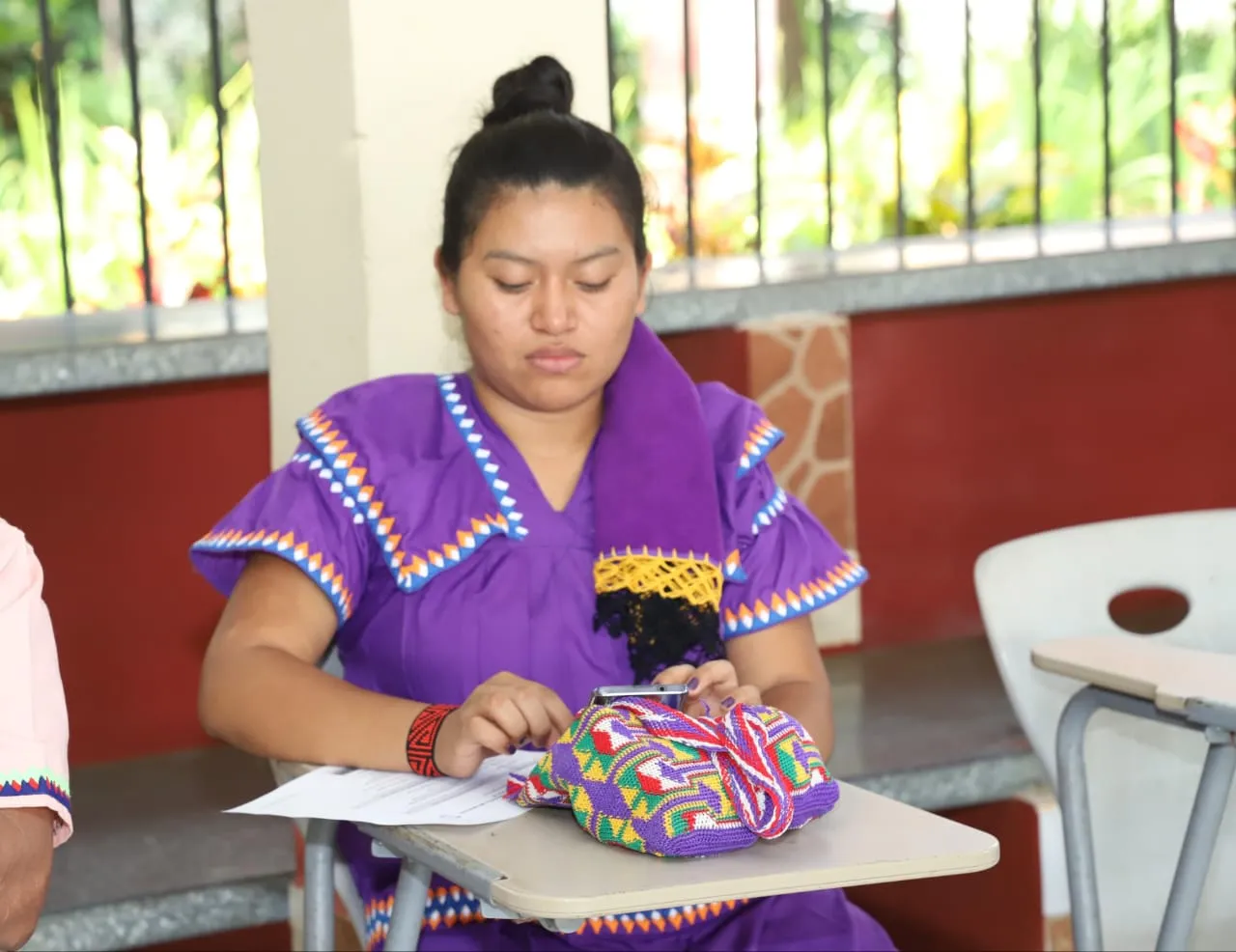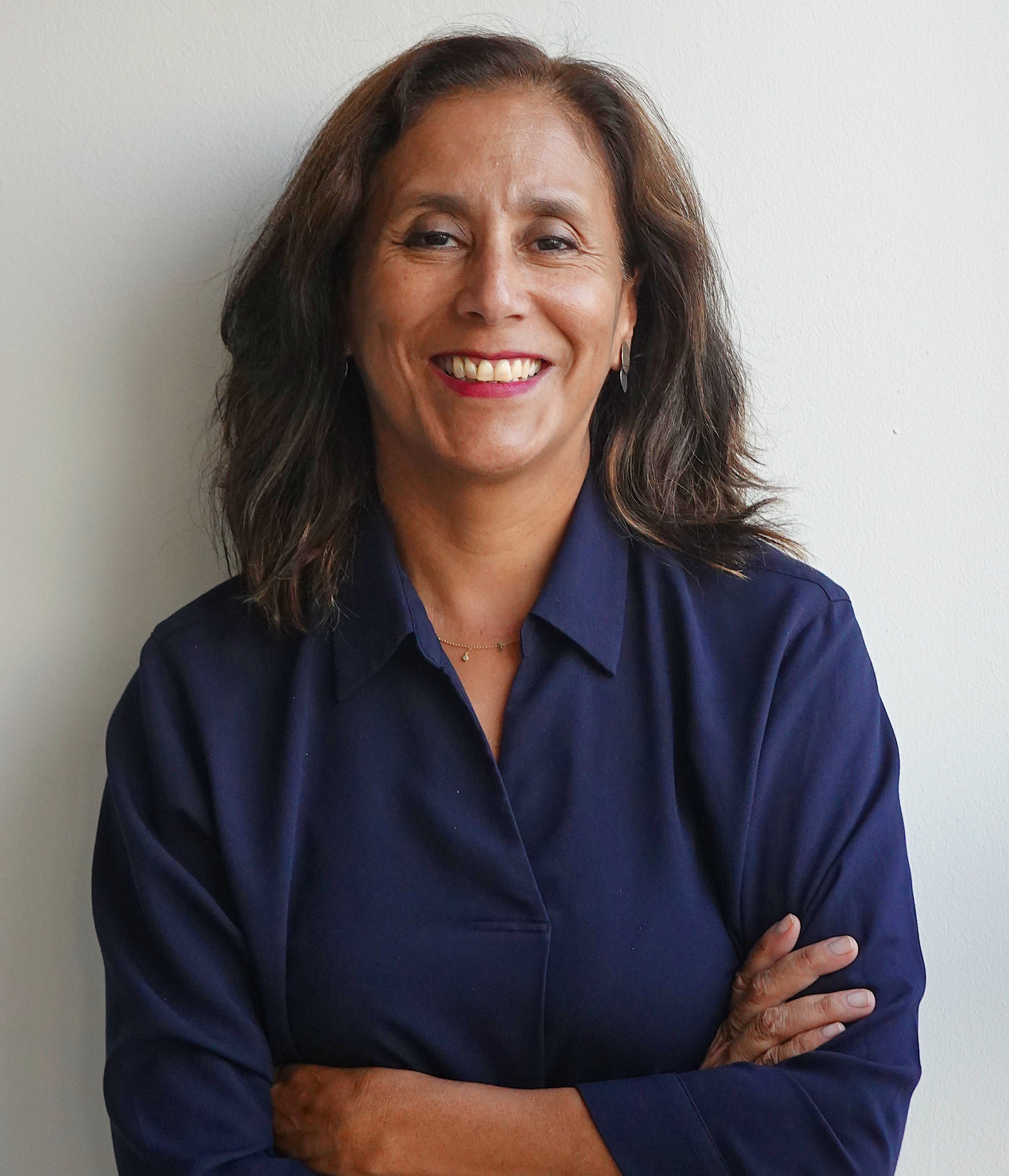Ngäbe Buglé youth: between migration and participation

This significant migrant status of the population in the Ngäbe Buglé region should foster dialogue to develop mechanisms that allow for greater citizen participation among those temporarily absent, especially young people.
Inadequate education and the subsequent lack of job options limit youth's life plans. Among girls, the lack of alternatives to early motherhood is even more pronounced. Furthermore, according to INEC data, the Ngäbe Buglé region has the highest levels of sexual violence, mostly against young people and even girls.
In this context, it is important to highlight some positive changes. Young people appear to be connected and show interest in participating in decision-making spaces. Panama's 2024 electoral register indicated that almost 30 per cent of voters were under 30 years of age. According to data from previous elections (2015), while nationally, voters between the ages of 18 and 25 represented 19 percent of the total, and those between 18 and 34 represented 39.3 percent, in the Ngäbe Buglé region, these percentages rose to 27.7 percent (according to 2014 data from the Electoral Tribunal) and 54.3 percent, respectively. In other words, more than half of the regional electorate is under 35 years old.
Thus, in the 2015 elections for traditional authorities, 33 per cent of delegates were under 30 years old. Among women, the youngest stood out with a higher level of participation as delegates than their adult counterparts.
A relevant fact is that, despite historically having the highest levels of illiteracy, progress in recent years has been the most rapid compared to other regions.
Young people are the ones who migrate the most, within a seasonal circuit that has been consolidated for years: the coffee and banana harvests. This is reflected in negative sex ratios in the region, particularly among the age groups between 20 and 39. That is, when men migrate to work in the harvests, especially in fields in Chiriquí or Costa Rica.
What happens to these temporary migrants? How do they participate in decisions in their region? Panamanian electoral legislation provides for early voting, but restricts it to the presidential election. It applies only to citizens residing abroad or who register anticipating their absence on election day.
Except for that election, thousands of seasonal migrants—whether in Costa Rica or outside the region—are excluded from participating in the decisions of their territory. If they change their residence, they would be excluded from the system for electing traditional authorities. If they do not, the law requires them to invest unpaid time and money to travel to vote. These conditions, in practice, discourage thousands of Ngäbe Buglé citizens from voting.
A discussion is needed to address this problem. In the case of traditional elections, the possibility of implementing the early voting mechanism could be evaluated, at least for the election of the general cacique. If feasible, the next question would be whether this mechanism could be applied to those living temporarily outside the country or also to those residing outside the regional boundaries, in other regions of Panama.
Another element to consider is the decentralised expansion of voting centres in rural areas, which could also facilitate greater voter turnout.
The political participation of young people—equipped with new skills and perspectives, including migrants—is key to consolidating the governance of the region and reaching, together with adults and experts, women and men, better agreements for the benefit of the Ngäbe Buglé community.
This article was published in La Prensa of Panama on April 24, 2025. The author is Alicia Del Aguila, the Panama Program Manager, International IDEA/Parliamentary Support Project - European Union.




